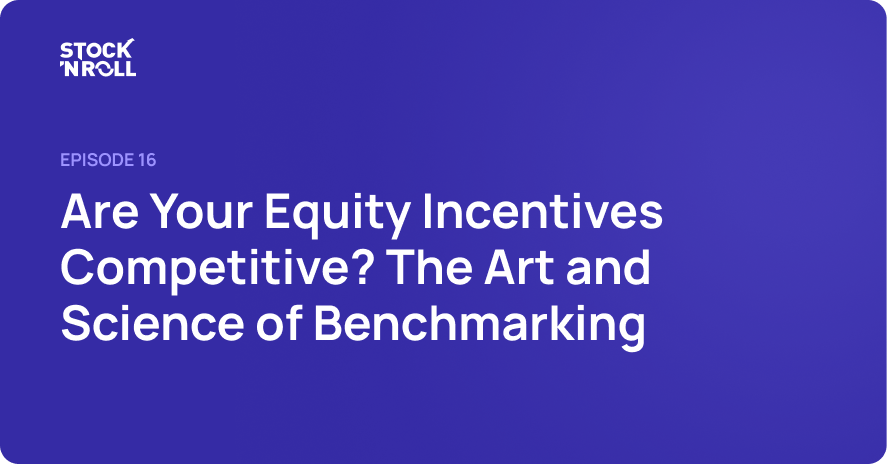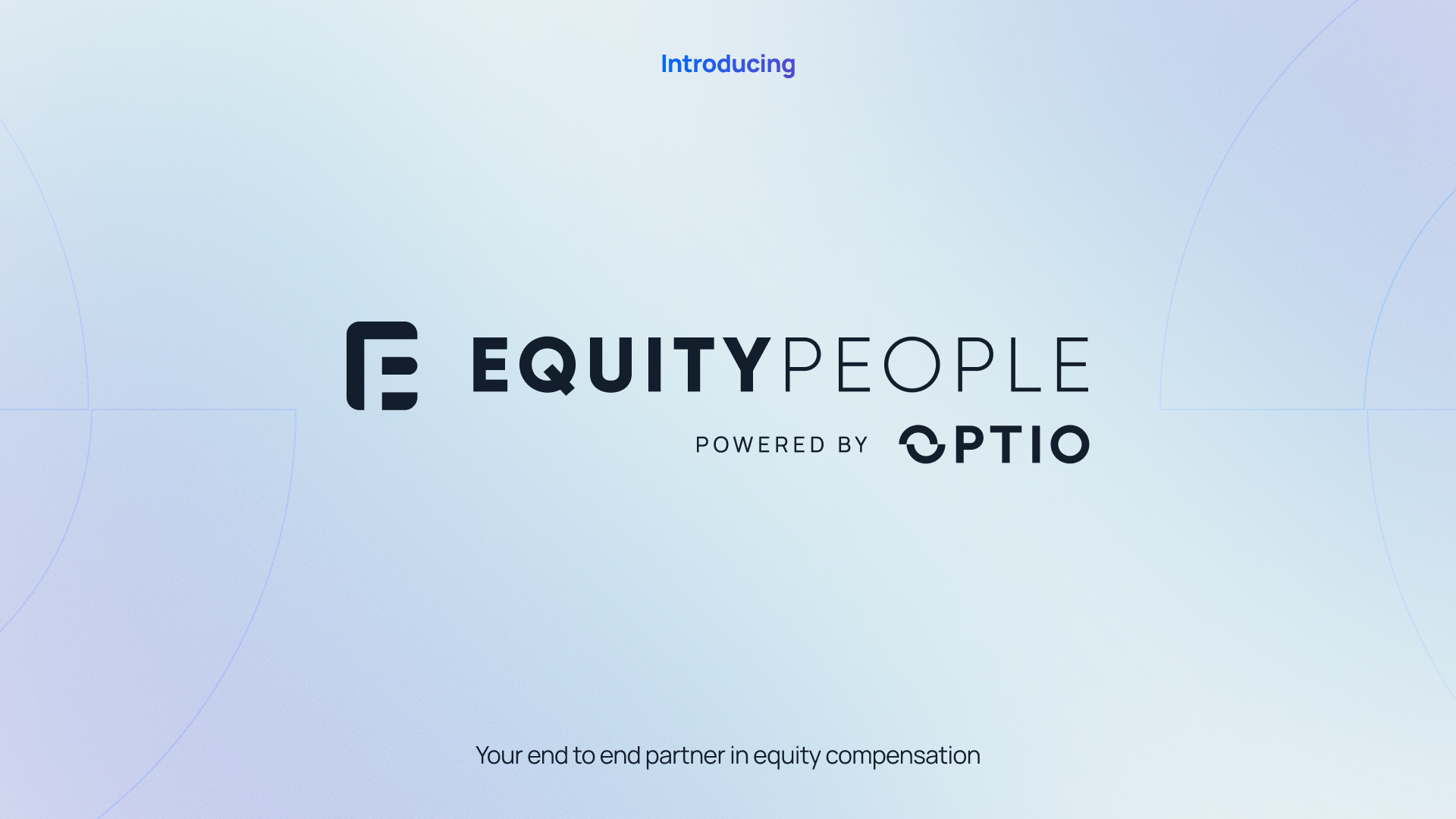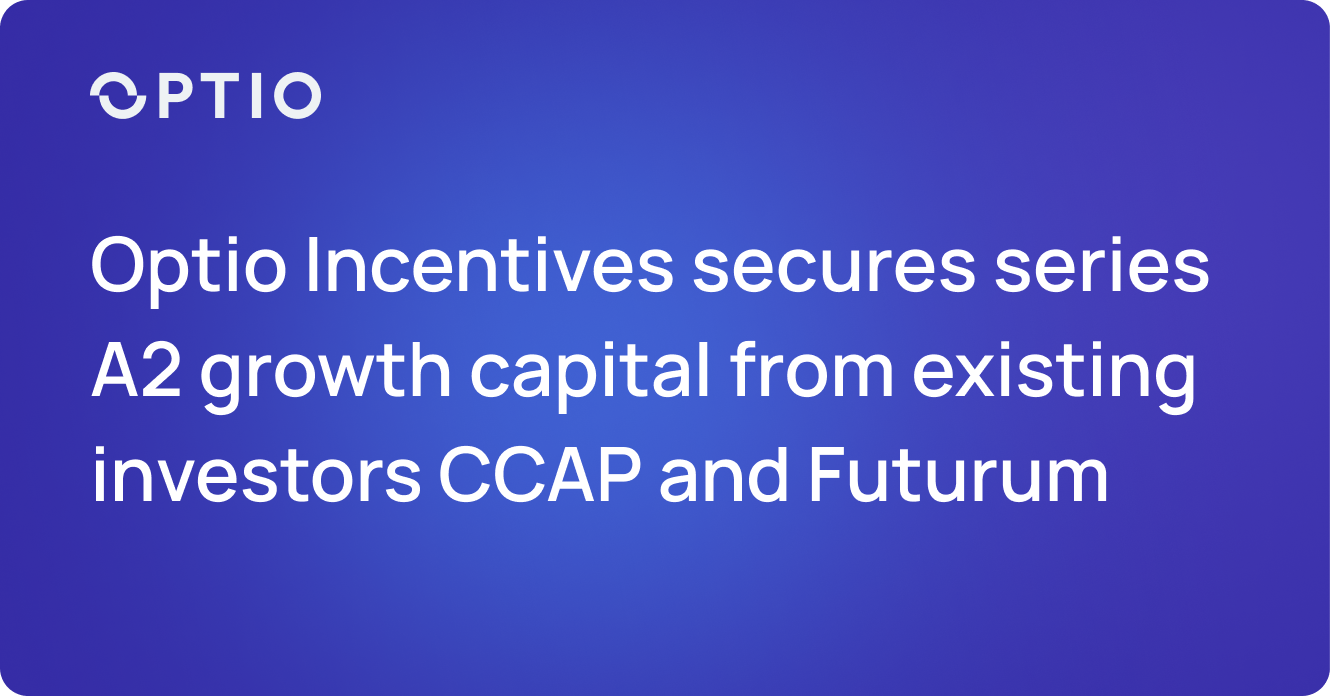In a recent episode of our Stock 'N Roll podcast, Optio's CEO, Christoffer Herheim, sat down with equity compensation expert Michael Sterchi to explore the nuances of benchmarking. They discussed why it's a critical step, what to measure, and how to navigate the complexities of data collection in a global market.
In the relentless race for top talent, a well-designed equity incentive plan can be a powerful tool. But how do you know if your plan is competitive enough to attract and retain the best people? The answer lies in benchmarking.
This is the first out of two, in our short series on Benchmarking. Here we're talking about benchmarking in general, what it is, why you need it and what competitive equity packages actually look like in the market. We even discuss some key differences between the US and here in Europe.
Why is Benchmarking a Critical First Step?
Benchmarking is the process of understanding what other companies are doing with their incentive plans. According to Michael Sterchi, it's an essential part of the design process, especially when a company is:
- Implementing an equity plan for the first time.
- Transitioning from a private to a publicly listed company.
- Revising an existing Long-Term Incentive (LTI) plan or introducing a new broad-based plan.
"I think it's important to have at least an idea what others are doing," Sterchi explains. "Therefore, I think it's really important. So you have at least the idea in which direction it goes". Benchmarking provides the data needed to justify your plan design to stakeholders, including the board, investors, and proxy advisors.
What Key Elements Should You Benchmark?
A thorough benchmarking analysis goes beyond just looking at the number of shares granted. It involves a comprehensive review of several key components of an incentive plan.
- Plan Design: This includes the type of instruments used, such as stock options, Restricted Stock Units (RSUs), or Performance Share Units (PSUs), which are currently very popular.
- Key Performance Indicators (KPIs): Understanding the performance metrics and vesting conditions that other companies use is crucial.
- Value and Quantum: How much equity are competitors giving away? What is the typical ratio between cash and equity in your industry? For listed companies, executive compensation is often detailed in public reports, but it gets harder to find data for lower employee levels.
- Vesting Periods: What is a common vesting schedule in your market?.
- Special Clauses: How are situations like retirement, or maternity and paternity leave handled? These details are often challenging to find but are critical for a fair and compliant plan.
Sourcing the Data: Listed vs. Private Companies
The availability of data differs significantly between listed and unlisted companies.
For listed companies, compensation reports are a primary source of information. While the data is public, Sterchi notes that the reports are often structured very differently, making direct comparisons a manual and sometimes difficult task. Surveys and studies from organizations like the Global Equity Organization (GEO) also provide valuable insights.
For private companies, benchmarking is a "big challenge because data is not available". While some venture capital firms and platforms like Carta provide reports, they can be heavily US-centric and less relevant for European companies. In this environment, companies often rely on surveys (which can have low response rates) or the industry experience of their board members and professional investors.
Global Differences: US vs. Europe
A company's location significantly influences its equity plan design. Sterchi highlights a clear cultural divide between the US and Europe.
- United States: There is still a strong focus on stock options. For broad-based plans, discounted Employee Stock Purchase Plans (ESPPs) are common. Grant values also tend to be higher, particularly for executive roles.
- Europe: The trend is moving more towards share-based awards like RSUs and PSUs. In broad-based plans, share matching plans are more prevalent.
For multinational companies, this creates a challenge. "You often get challenged, very challenged to put these two cultures together," Sterchi says, noting that a company must compete for talent in the specific markets where it operates.
Benchmarking is a Guide, Not a Rulebook
Perhaps the most crucial takeaway is that benchmarking should inform, not dictate, your strategy. While it's important to know what competitors are doing, the final design must align with your unique company culture and business objectives.
"At the end you also have to focus on your own business," Sterchi emphasizes. "If you have a different culture... we should really go and listen to our heart and say, okay, we follow our company culture. And of course finally also our business goals".
Benchmarking provides context and helps you justify your decisions, ensuring your plan isn't "extremely contradictory to what others are doing". However, the most important thing is to create a plan that supports your specific business strategy and KPIs.
The Future of Benchmarking
Looking ahead, technology like AI will undoubtedly make data collection more efficient. However, the human element of interpretation will remain vital. The complexity and lack of standardization in compensation reports mean that expertise is still required to make sense of the data and apply it effectively. As Sterchi concludes, "If you don't have good data, you don't get good results".
To hear the full conversation, listen to the Stock 'N Roll podcast episode. If you're ready to benchmark your equity plan and design a competitive program, get in touch with the experts at Optio Incentives today.
"Please note: This podcast content is for informational purposes only and is not intended as professional advice. Always consult qualified legal, tax, and financial advisors for guidance specific to your situation."
Stay tuned for more episodes of Stock 'N Roll as we continue exploring the world of equity compensation—from theory to practice.



